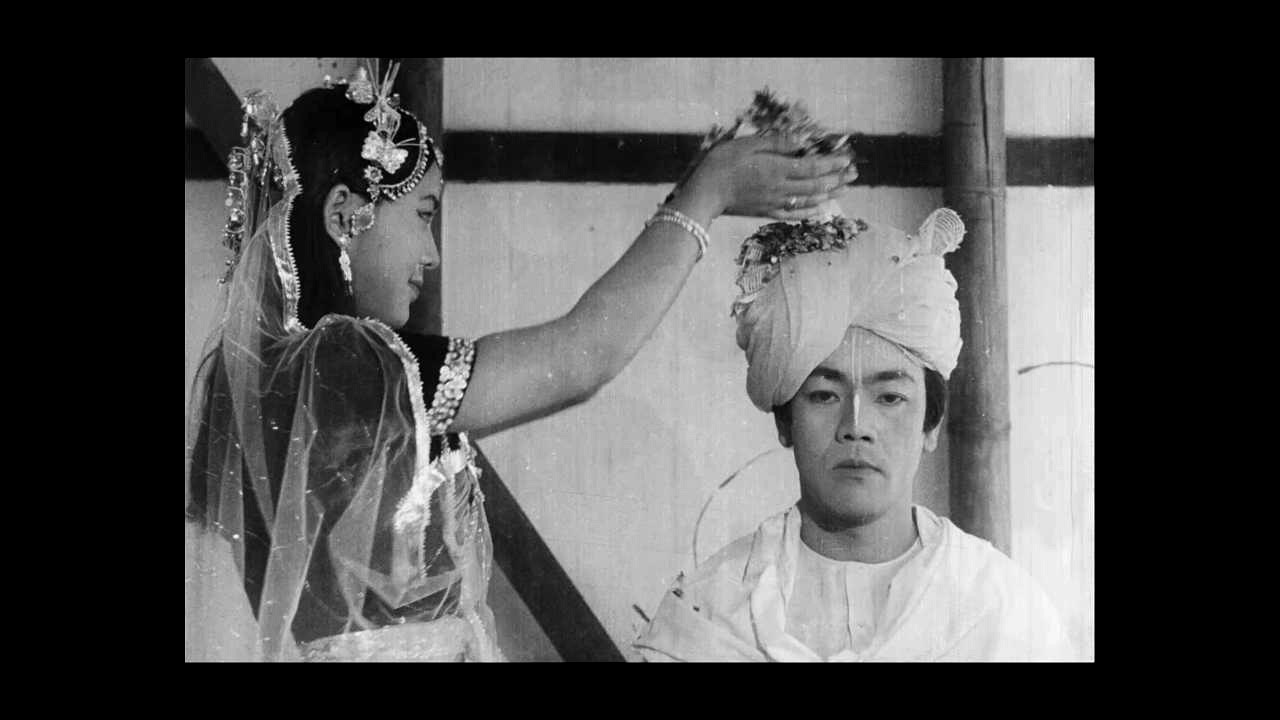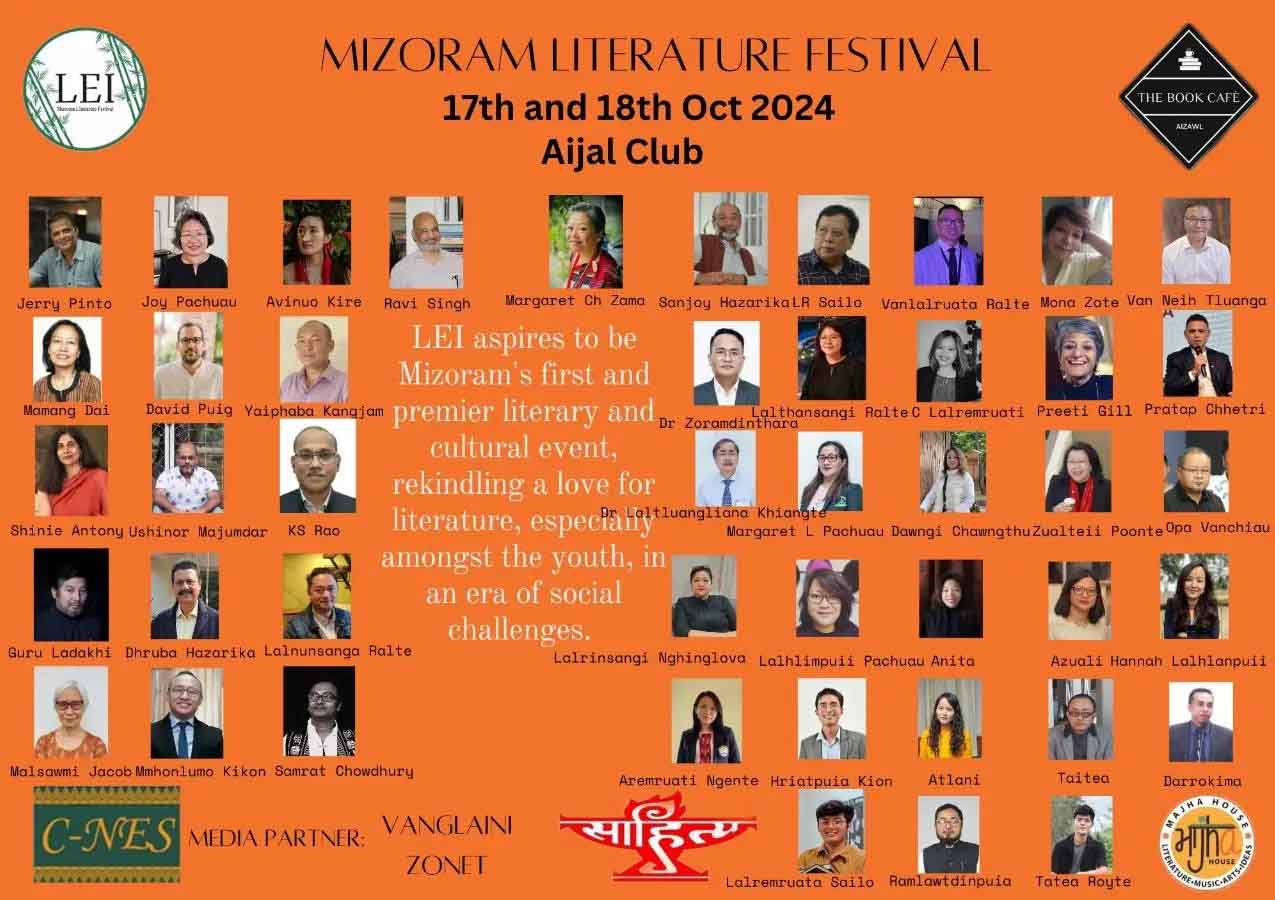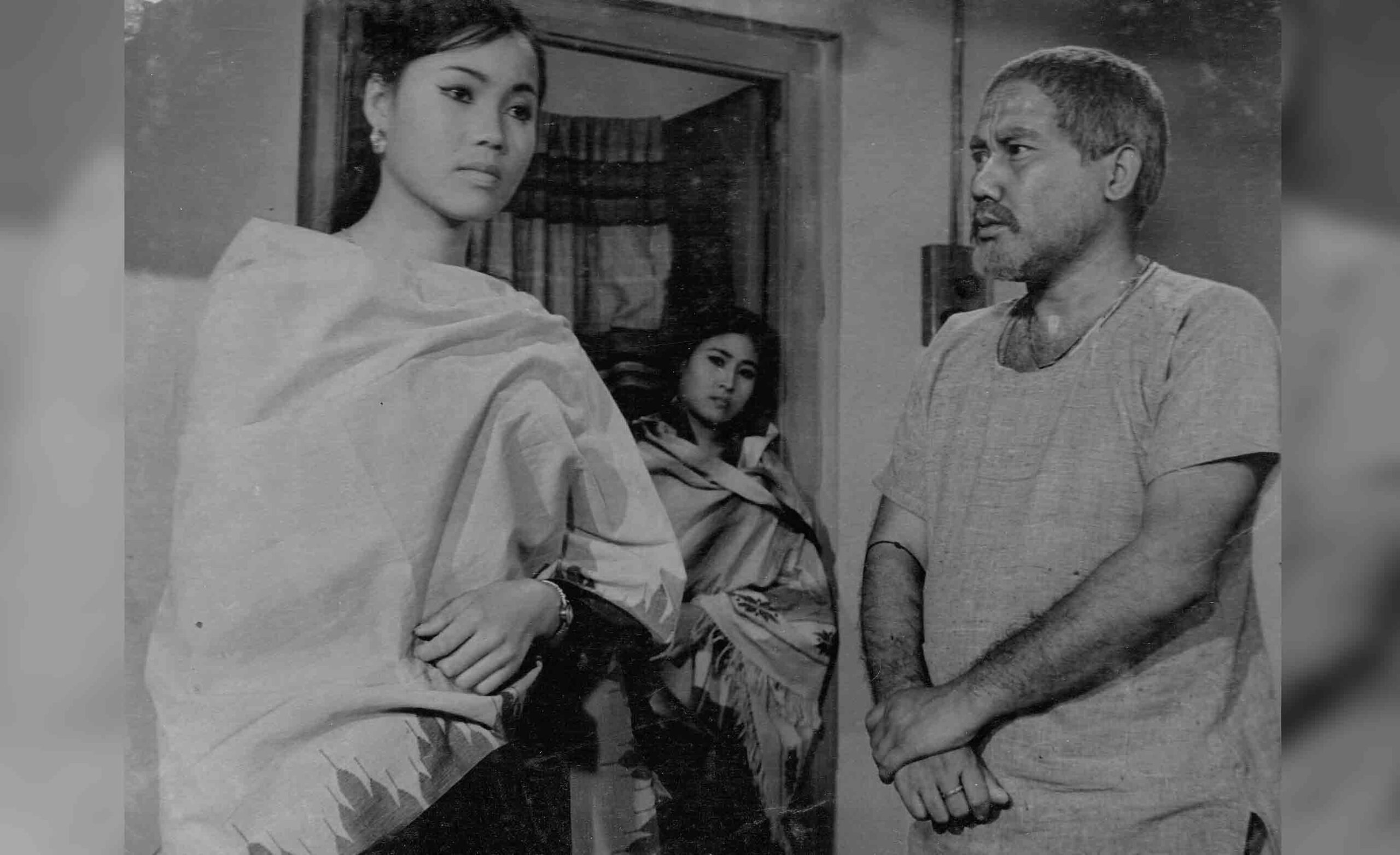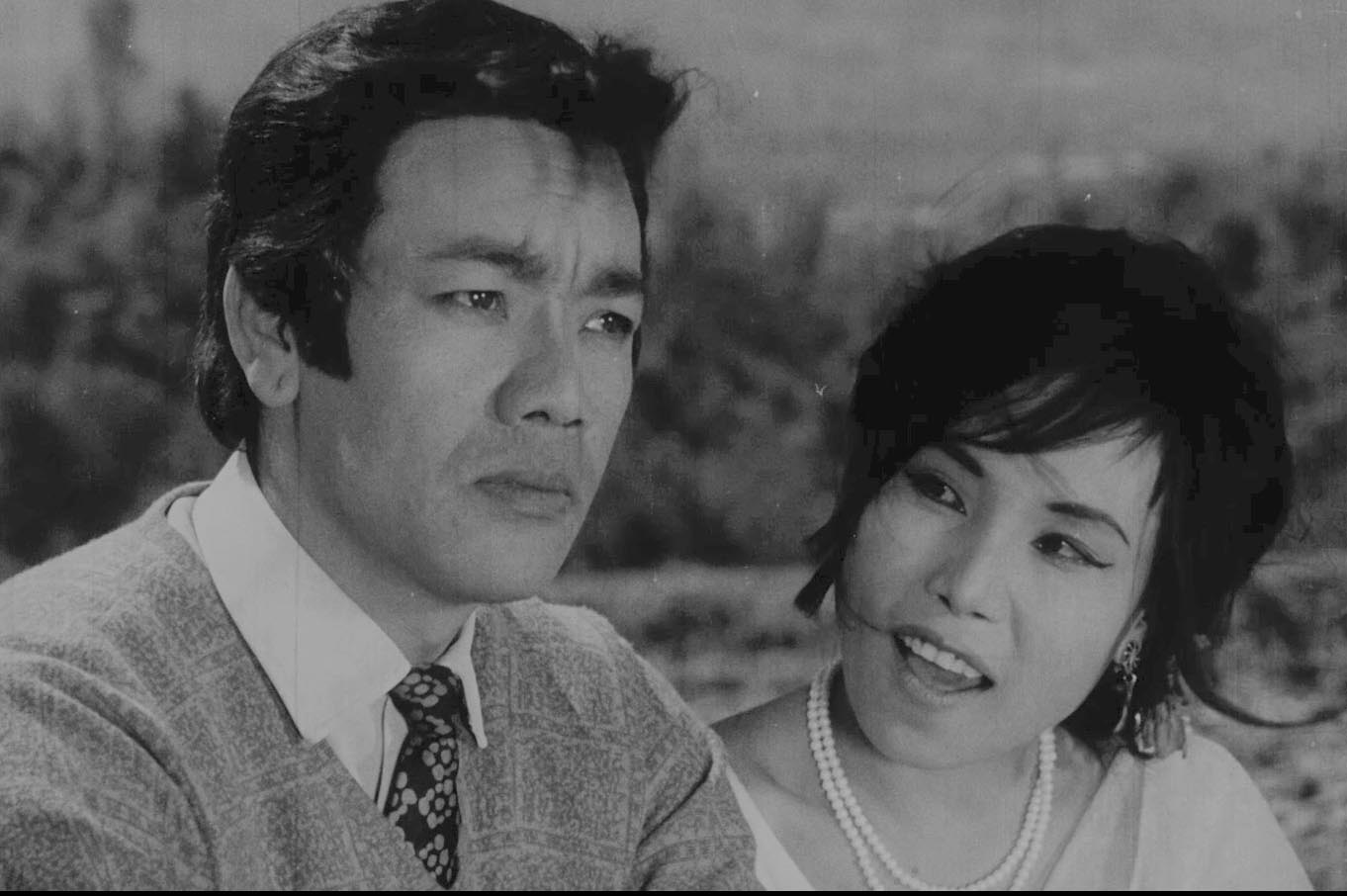It is 2pm and sunny. I am sweating and the overhead fan is not helping any. The waitress asked me twice for my order already. I would not blame her. I reached here twenty minutes earlier. I fear the excitement I feel towards him. Should I even be enthusiastic about him? I’ve barely met him. I never thought I would be meeting him personally after that conference. He presented a paper that received a lot of criticism from his peers. But he made sense. He saw patterns that most couldn’t perceive. And he is a bad presenter. Truth be told, ‘bad’ is being kind to him. A presentation has less to do with evidence than storytelling. He never had one. A story is not an action and its effect. A story is not a wavering graph. A story is not a compelling warning to act. A story is a comfortable cushion that lulls us to sleep, strokes our hair with careful gentle caresses, makes us feel safe and then shows what’s putting our safety in jeopardy. A successful story works towards convinced inclusion, not doom.
Doom is the narrative we use to spread fear. To scare. To give a ‘reality check’. But fear is a potion that’s highly inflammable if not dealt with caution. It spreads more rapidly than a forest fire. It is a catalyst to chaos. Chaos, as we understand it, doesn’t necessarily have to do with the masses. It doesn’t need people in disarray, just thoughts. A person looking relaxed, sitting silently, smiling at everyone, shaking hands, giving hugs, sending wishes may be in more chaos intrinsically than the world combined. Chaos is not a state of people, but mind. Doom begets fear, fear begets chaos. Chaos breeds the need for safety. And denial. And gives the wilful inert orchestrators the right to plausible deniability. He kindly listened to my unsolicited sermon, surprising me; I was apprehensive about talking to him considering how he reacted to feedback during his presentation.
He looked at me smiling while taking food on his plate and asked “You did not question when I had the mic. Yet you are here talking to me in circuitous narratives telling what’s wrong with my presentation. I have a simple question for you. Do you believe in what I presented?”
“Yes, I do”, I said, “And that is the reason I am talking about the story and not the facts”.
‘I don’t care about the story”, he said, gesturing us towards an empty table. I was a little surprised again. Not because he doesn’t care, but because he offered a seat. He wanted to go ahead with this discussion. The “I don’t care” wasn’t a full stop. We walked to a table outside the hall. We wanted to sit out in the open. Although slightly sunny, the day was charming with a few birds humming away and a mild breeze brushing our faces. “I don’t care about the story because convincing people is not my job. They are here sitting in the seats they have been offered because they are presumed to come with a degree of understanding and knowledge about what’s being spoken about. An adult should not need a story. They need to look beyond the story understanding the purpose. And I served the purpose on a clean plate”, he said.
“Don’t you think you wouldn’t have had the need to present what you did if people understood why they are doing what they are doing?”, I asked.
“We both can agree on the fact that most people are bad at the jobs they do”, he quipped.
I couldn’t help but laugh at this unexpected conclusion of reality. Yes, we have many people around us doing their jobs for the sake of doing them. But can we blame them for it? The world thrives on commodification of everything – education, food, health, passion, pleasure, love, happiness, death, and remorse. A job is but a tiny part of the list. Maybe unimportant too, for many. We work to feed our tummy. We feed our tummy to work. We earn to buy some comforts. We use comforts so we can work more. We create our own issues. We solve for them. We try. We fail. We succeed. But what we miss to understand is that we are our own problem. We
solve for ourselves from us. A part of us is the problem, a part the preacher, a part the rationalist, a part the reactionist, a part the dreamer, and a part mostly the confused. We are our light and our darkness.
The paths leading to explore our darkness usually end up giving light. But how many of us are comfortable prodding in the dark? So yes, we are bad at our jobs because they don’t make us explore. A machine whirs and turns and bends with the press of a button. Or a small computer command. We are the human form of machines. We fit well into the perfectly designed structures playing our parts flawlessly. A machine cannot afford a misaligned part. A person willing to explore the darkness is perceived not just misaligned, but maybe broken. Broken because you want to scare the person with imminent doom. You want to create chaos in their mind. You want them to doubt themselves and question their sanity. You want them to give up their independent thoughts and join the herd. You are more comfortable in the façade of certainty than the truth of uncertainty. And jobs give us that cushion of certainty.
“Why don’t you eat some? The food is good!” he said. “The food is the interesting part of this conference, sadly”.
“Sure”, I said, slowly walking towards the bain-marie. I could not help but notice the audience cluster into the same groups where their comfort is the binding factor. They did not have tolerance for anything or anyone outside of their comfort. The thought of an existence of a perspective contrary to theirs is null. It cannot. It just cannot. That thought will be the stealthy crack in their impeccable dome of achievements. He was different. He did not crave for comfort always. He liked listening to counter-arguments. He liked to learn. The curiosity to know more drove him. He believed in decluttering his life from the jargon of intertangled perceptions of certainty, safety, and comfort. There’s no evolution if we hold back, he said.
It felt that he was the partner I was looking for to accomplish my goals. I needed a push and a mate and a support and a critique. He was all of them. Maybe I should talk to him about what I feel towards my job. How I feel alone in the endless pursuit of talking rationality to people who consciously choose to believe in elsewise.
“Thank you for the wonderful presentation and your time”, I said giving him my visiting card and bidding adieu. He glanced at it and smiled looking at me. “You are an important person if this is what you do. Convincing people is your job, not mine”, he said laughingly. He isn’t wrong.
“Let’s stay in touch then”, I said.










